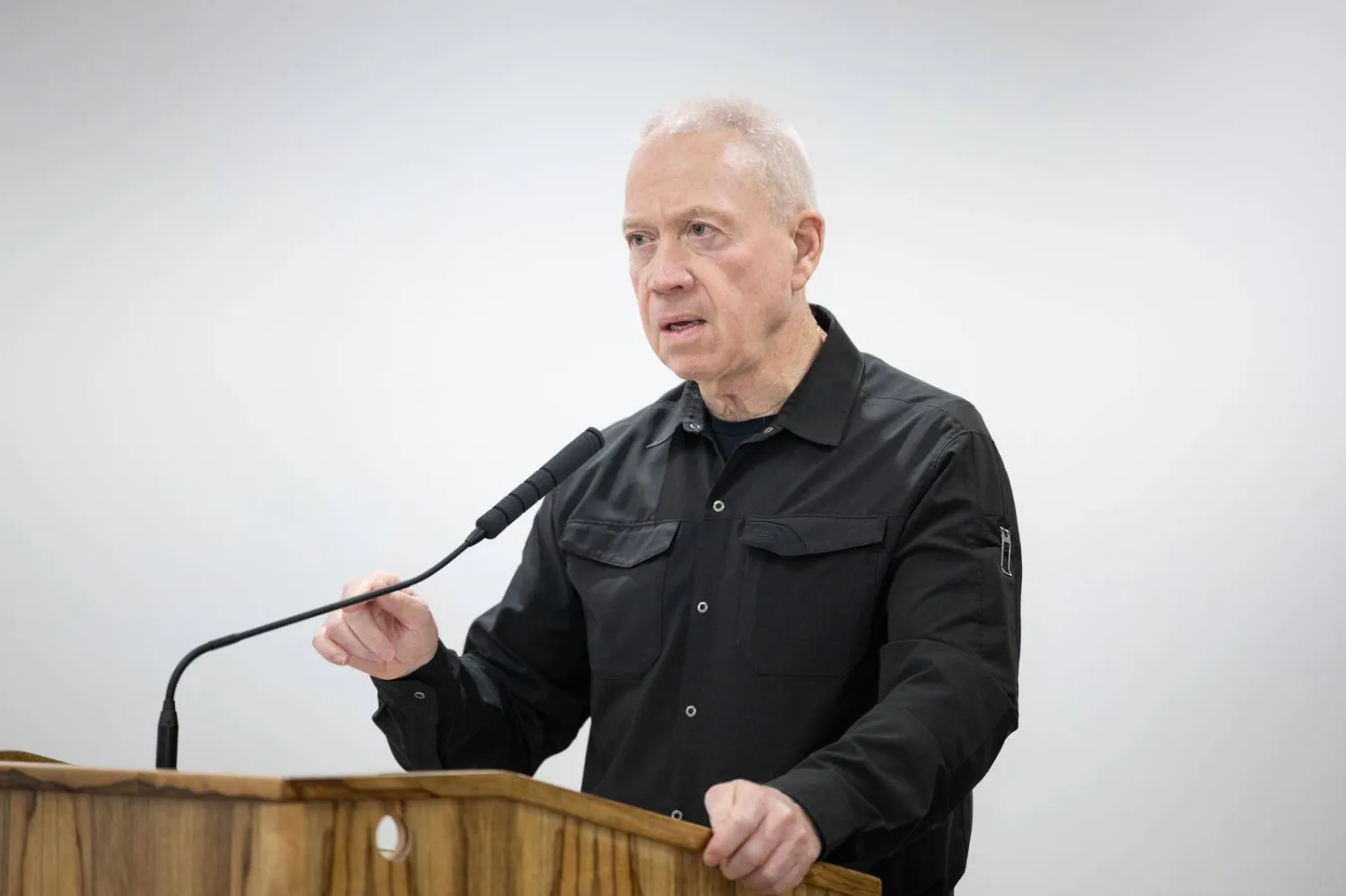Israeli Defence Minister Yoav Gallant said that although Israel does not want to go to war with Hezbollah, he believes that his army is ready for one, dpa reported Saturday.
On Friday, Israeli media quoted Gallant as saying during a visit to troops near Israel's northern border with Lebanon that : "We are working on a political solution. This is always the best option... We are not seeking war but we are prepared for it."
"If Hezbollah chooses war, we know what we are doing... If they choose peace, we will respond appropriately”, he added.
Since Israel’s war on Gaza on October 7, the Israeli army and Hezbollah traded a near daily exchange of fire in the border area between Israel and Lebanon.
Recently, fighting has flared up significantly prompting several countries to issue travel advisories to urge their citizens to leave Lebanon.
Fears arose of a potential full-scale war between Israel and Lebanon that could escalate into a regional conflict involving Iran and the United States.
Iran's mission to the United Nations warned earlier on Saturday in a post on X platform that if Israel launches "a wide-ranging military aggression, it will lead to a devastating war”.
Gallant: Israel Not in Favor of War with Hezbollah but Ready for One

FILED - 21 February 2024, Israel, Tel Aviv: Israeli Minister of Defense Yoav Gallant addresses the annual Conference of Presidents at the MoD Headquarters in Tel Aviv. Photo: Shachar Yurman/GPO/dpa

Gallant: Israel Not in Favor of War with Hezbollah but Ready for One

FILED - 21 February 2024, Israel, Tel Aviv: Israeli Minister of Defense Yoav Gallant addresses the annual Conference of Presidents at the MoD Headquarters in Tel Aviv. Photo: Shachar Yurman/GPO/dpa
لم تشترك بعد
انشئ حساباً خاصاً بك لتحصل على أخبار مخصصة لك ولتتمتع بخاصية حفظ المقالات وتتلقى نشراتنا البريدية المتنوعة







